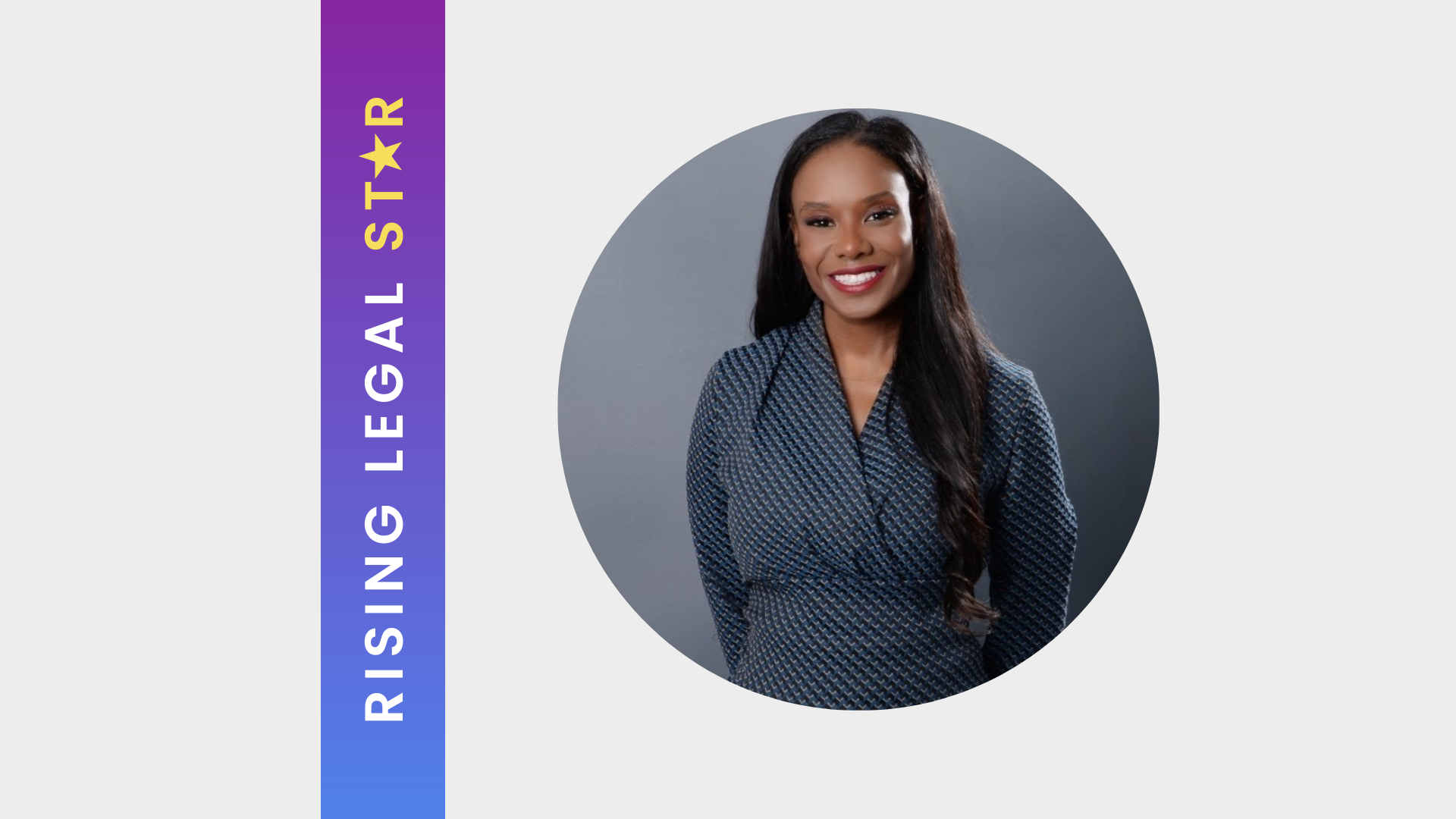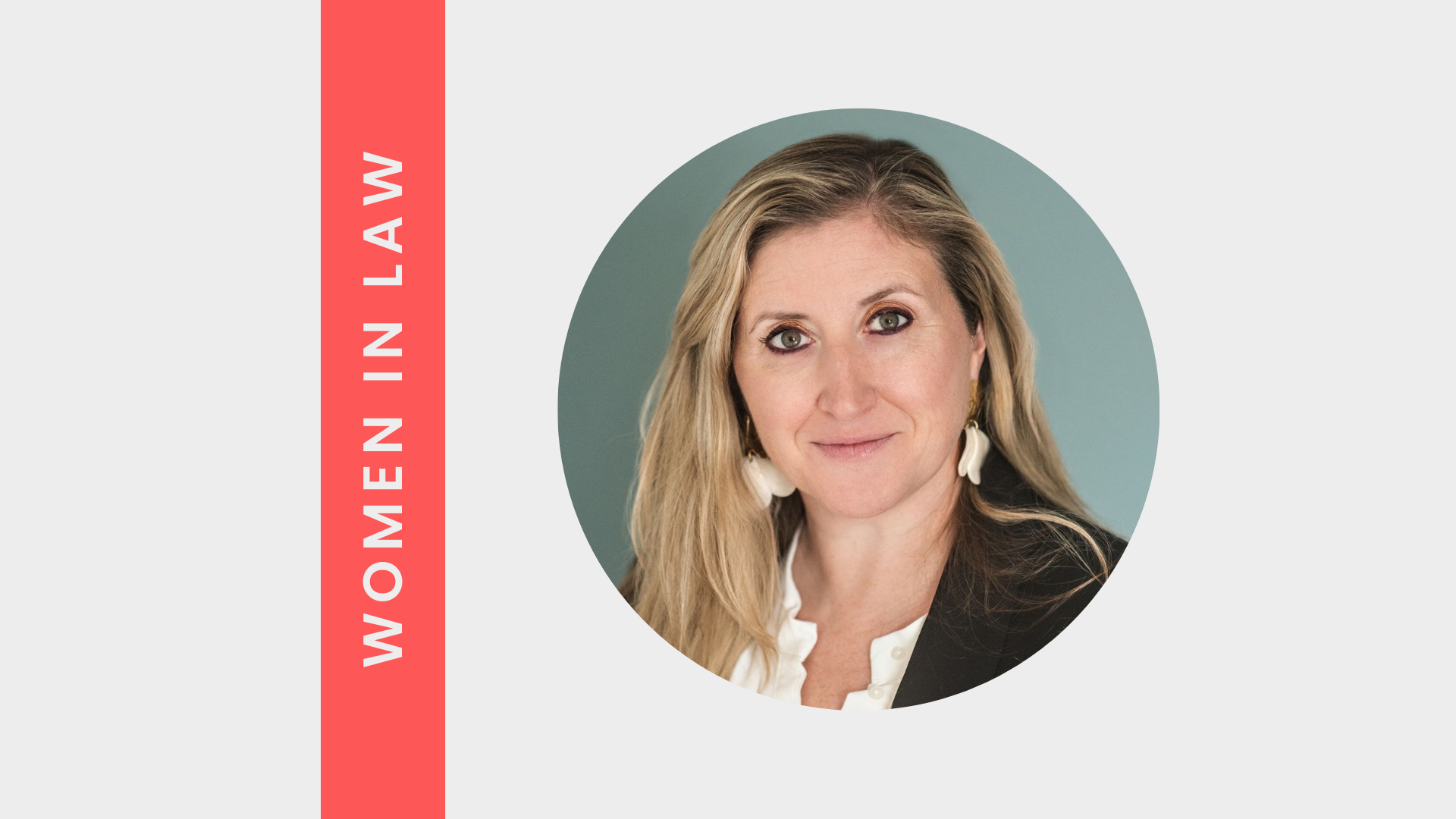Inspiring Business Women: Grace Fisher
Grace is an experienced Business Solutions Manager with a demonstrable history of working in the museums and institutions industry. Skilled in Business Process, ITIL, Databases, IT Strategy, and Management, she is a strong consulting professional with a Foundation degree in IT for E-Business from Kingston University.
Could you tell us about your career progression into your current role?
I was always interested in maths and technology. I started my career in Finance, but I was fascinated by how technology enabled you to do things in a better, smarter way. When I went to work for Historic Royal Palaces, I started in a Finance role and then, as I gradually progressed, they started looking at a new finance system that meant the work I was doing wouldn't exist. I mentioned this to the Finance Director, and she suggested I work on the project to implement the new system itself, so I did. That led to me becoming a Systems Administrator and then eventually I was convinced to apply for the role of Finance Manager, after they tried to recruit but couldn't find anybody. That was a big moment for me because it meant managing a large team for the first time.
After that, I moved into more tech-focused roles, in business relationship management, acting as a liaison between the Technology department and the business departments. I also trained properly as a Project Manager and did Business Analysis training because although I instinctively had those skills, I didn't have any formal training. Then I did a qualification as a Program Manager and that led to the role that I'm doing now as Business Solutions Manager at Tate. It is quite a lot of business relationship work, combined with looking for solutions, understanding the technology that the organisation has and helping people make the most of it. So, it still goes back to that using technology to enhance your business processes, to make your life easier, and to give you more insight into what your business is doing.
What are some of the biggest challenges you have faced in your role?
A big challenge is always to create relationships with the people you're working with, but to recognise that sometimes when you're working with a team, you're not always going to like everybody, but you must respect them for their business knowledge and skills. Some people you might like but you can't work together, and other people you can work well with, but you're not going to get on as friends. Today, in terms of challenges, I've started in a role where I've not actually met anybody in person and that's hard. Not being able to sit down for a coffee and only meeting on Teams is quite challenging. Learning new things also takes longer because you're not in a face-to-face environment. Being female working in Technology can be challenging too, but I've worked with some great people, both women and men, throughout my career and it's just recognising that really.
What has been the biggest challenge for you in terms of being a woman in Technology?
People respecting my knowledge. I don't want to do their jobs; I don't want to be super technical and get into the deep, dark detail of what goes on, but I still want people to respect what I know and what I do and how the softer skills are just as important. I might not be able to configure a switch, but I can ensure the person that is recruited to do that has the right training, has the right skills and is able to do the job. I did a Technology degree and when I started the course, there was probably 25 people, half men, half women. By the end of it, there were only five left, and I was the only female. I don't know why they all dropped out or what stops women working in this industry.
If you could put your success down to one thing, what would that be?
When I was young, my parents always told me that I could do anything I wanted to if I put my mind to it. I never had any concept that I would not be able to do anything, and I think that has carried me through, knowing that I am as capable as any other person to do a job. I also think of that Nike slogan "Feel the fear and do it anyway." I have that in me. Even if I'm nervous, I'll just do it, and those are the times that feel amazing.
What are your thoughts on risk taking and do you think it's harder for women leaders to take risks or more imperative?
I think it's important for everybody to take risks. It's about self-belief. If you work hard, you can do anything and it’s important to push yourself outside your comfort zone. I recognise that there are some things I can't do, but if you have people around you that believe in you, then it gives you the confidence to go forward. As I've mentored and coached people that have worked for me, I tell them that I know they can do this. I encourage them to make the leap because what's the worst that could happen? You fail? That's not a problem. Just do it differently next time.
Do you have a mentor or role model in your career, and what's the value of having a mentor?
I haven't had just one person, but there have been lots of people that I've worked with that I've really respected, and I've tried to take from them the bits I was interested in. All kinds of people I've worked have been specialists in their field and I’ve observed them and tried to gain knowledge from them. Mentors can be very useful for people in their careers. I've coached people who have worked for me, and I think it's a real benefit for those that are struggling at knowing what to do or who need some confidence and some self-belief. I've always tried to understand what people are good at and what they're not good at.
How have you seen the Technology industry change over the years in terms of diversity and women in the workplace?
I haven't seen as many women move into the more technical roles, but I think they're moving into roles in the industry that require stronger soft skills like project management, business analyst, tester etc. I would like to see more women in those more technical roles though. I don't know why there isn't a willingness to move into those jobs because I think women could readily turn their skills to some of those roles. Maybe soon, as children become more used to technology and it becomes everything in their lives, more women will move towards it. I do think it would create a much better balance in the workplace. Perhaps it needs to start in schools, encouraging more girls to do technology-based courses.
As a business leader in an international organisation, how do you promote both diversity and inclusion?
Tate are very, very good at this, because they want diversity and inclusion to permeate through everything they do. It's in the art, it's in the people, it's in the whole ethos of working there. It's amazing going from an organisation that was actively trying to improve D&I to working somewhere that is much further ahead in the journey. It’s about supporting people to respect each other for the job they do; being receptive to individual people's needs in the working environment, which can be hugely wide-ranging; and encouraging people to understand everyone's roles and their lifestyle and their cultures. Even in the short time I've been here, it's been eye-opening. What has also become evident during the pandemic is the importance of mental health and wellbeing.
Do you believe that creating a diverse and inclusive environment starts at the top or at a grassroots level?
Originally, I thought it needed to be part of a culture that is supported across all levels of the organisation, but I think that when you look at boards and trustees in organisations such as Tate and HRP, it perhaps isn't supported enough at the higher levels. I think organisations are generally very good at promoting diversity and inclusion at grassroots level, but not so much at the higher leadership level. Leaders must demonstrate that they believe in what they're asking everybody else to do. It should become the culture and it should permeate all levels across the organisation.
What advice would you give to women wanting to move into a leadership or technical based role?
With leadership comes more responsibility and sometimes you must have difficult conversations to make sure that the decisions you're making are for the good of the team. That's the downside of it, but when good things happen and the team works well together, it's amazing. As a leader, nurturing people and watching them grow is very rewarding too, so I would encourage anybody who wants that responsibility to do it because of the rewards it brings, but advise them to accept that sometimes you need to have those difficult conversations too. Another piece of advice I would give is to ask other people how they got to where they are and learn from them. Find out how they climbed the ladder quickly or how they became an amazing public speaker, or whatever it might be. Observe and have the confidence to ask and learn because it's very important.
Our latest insights







